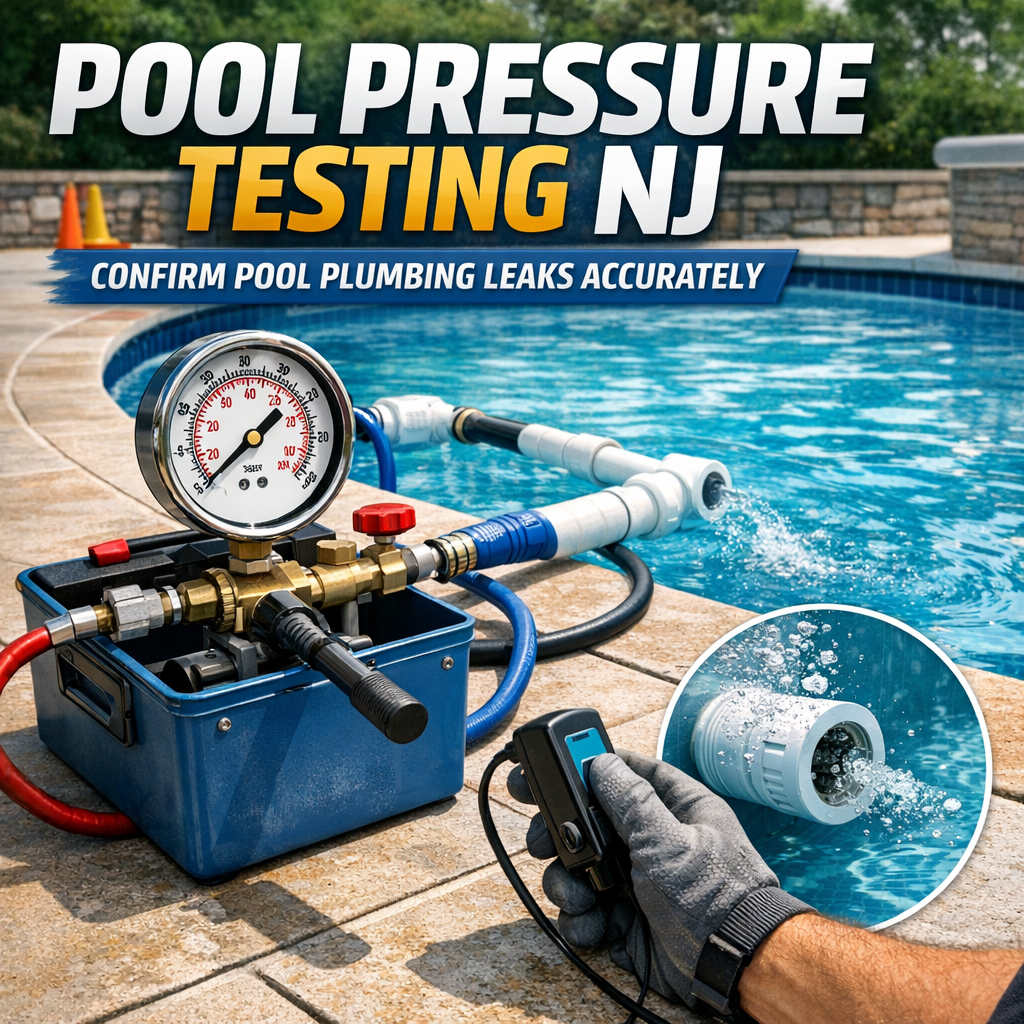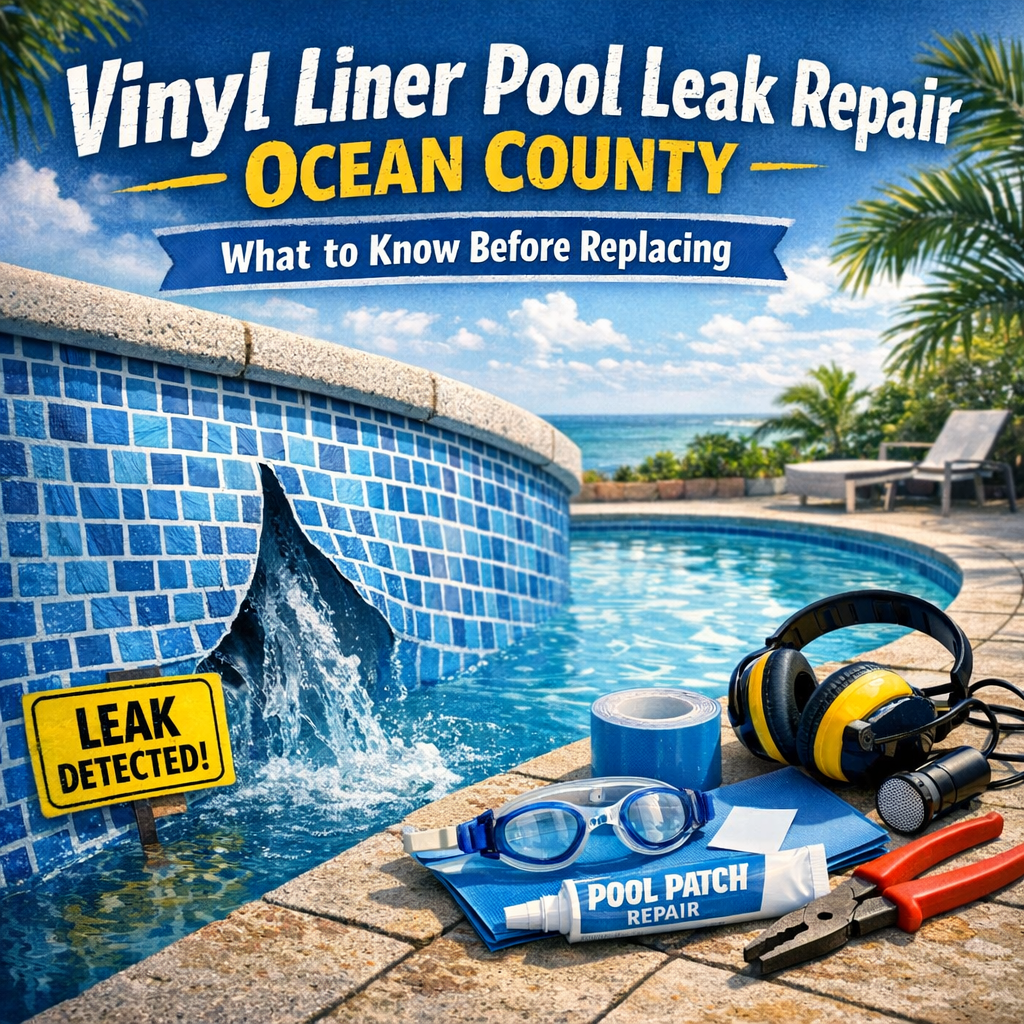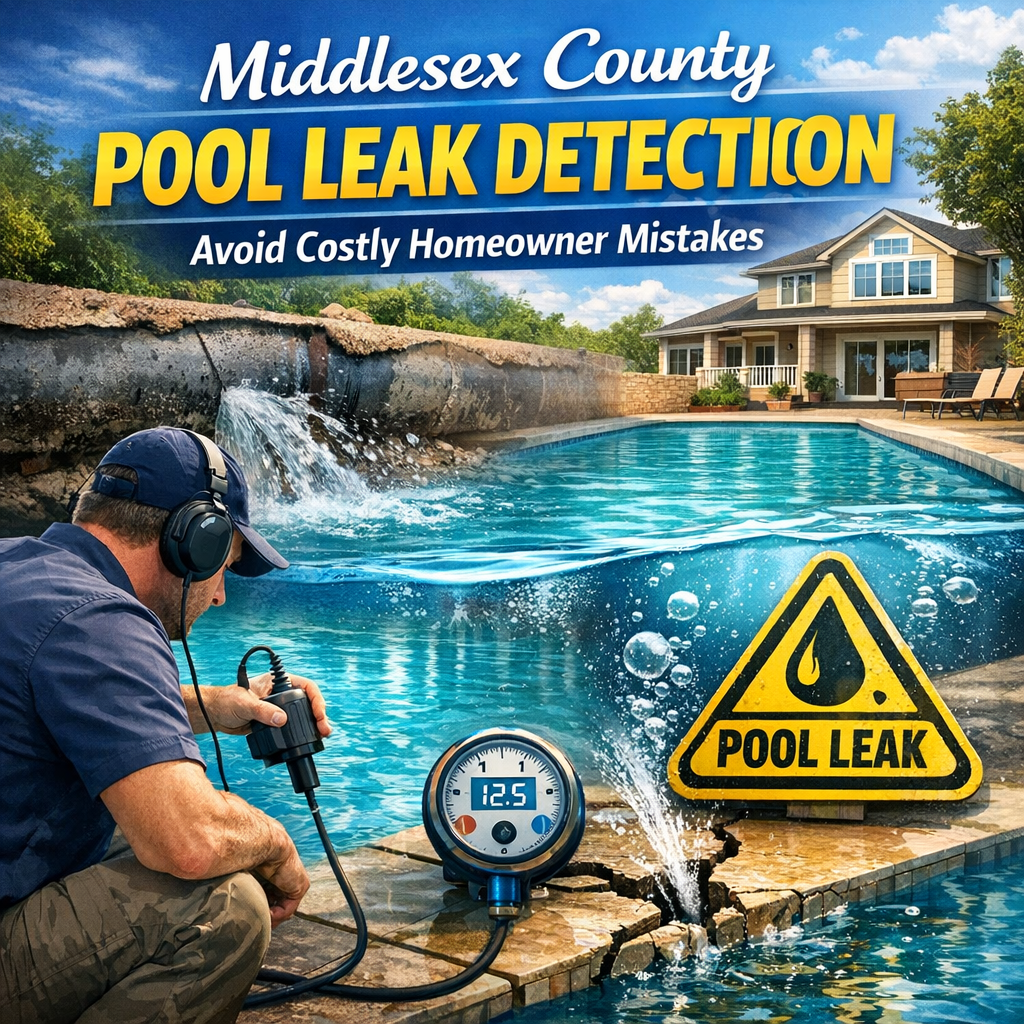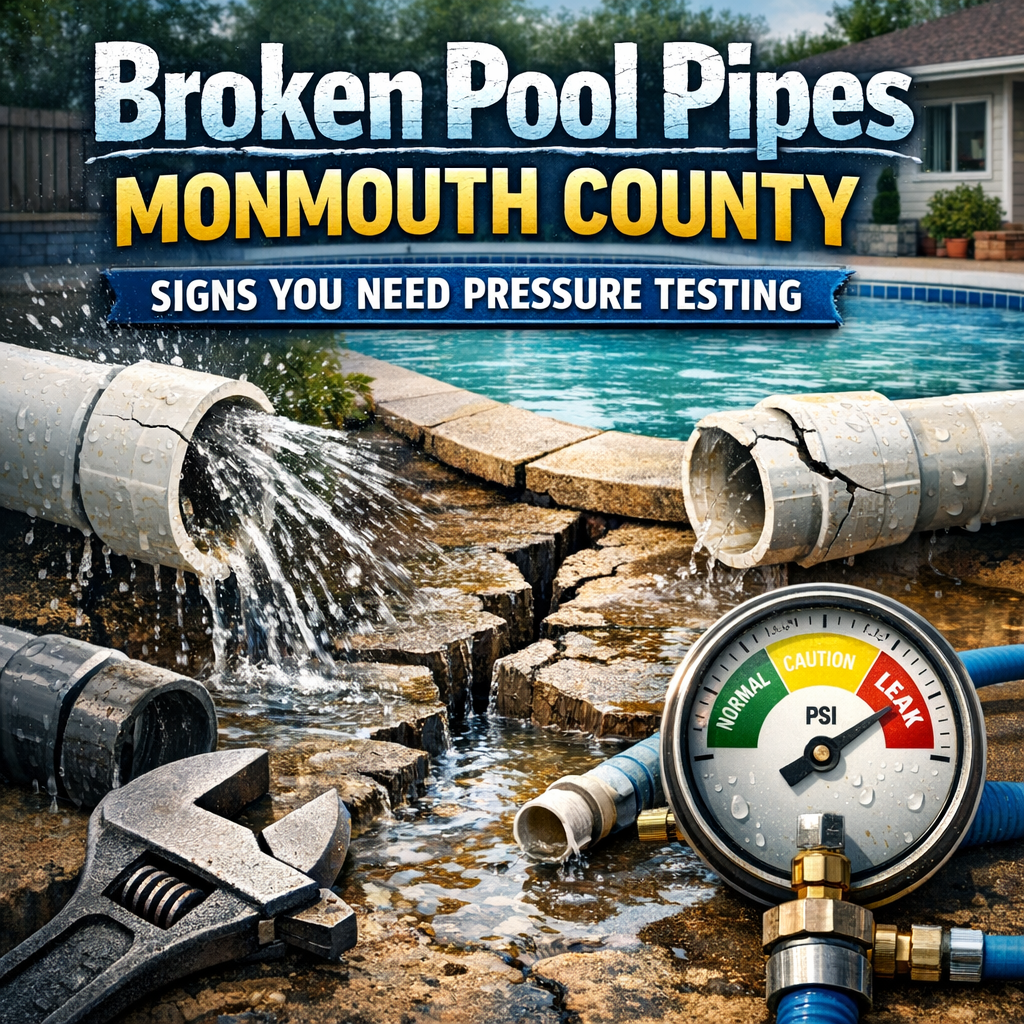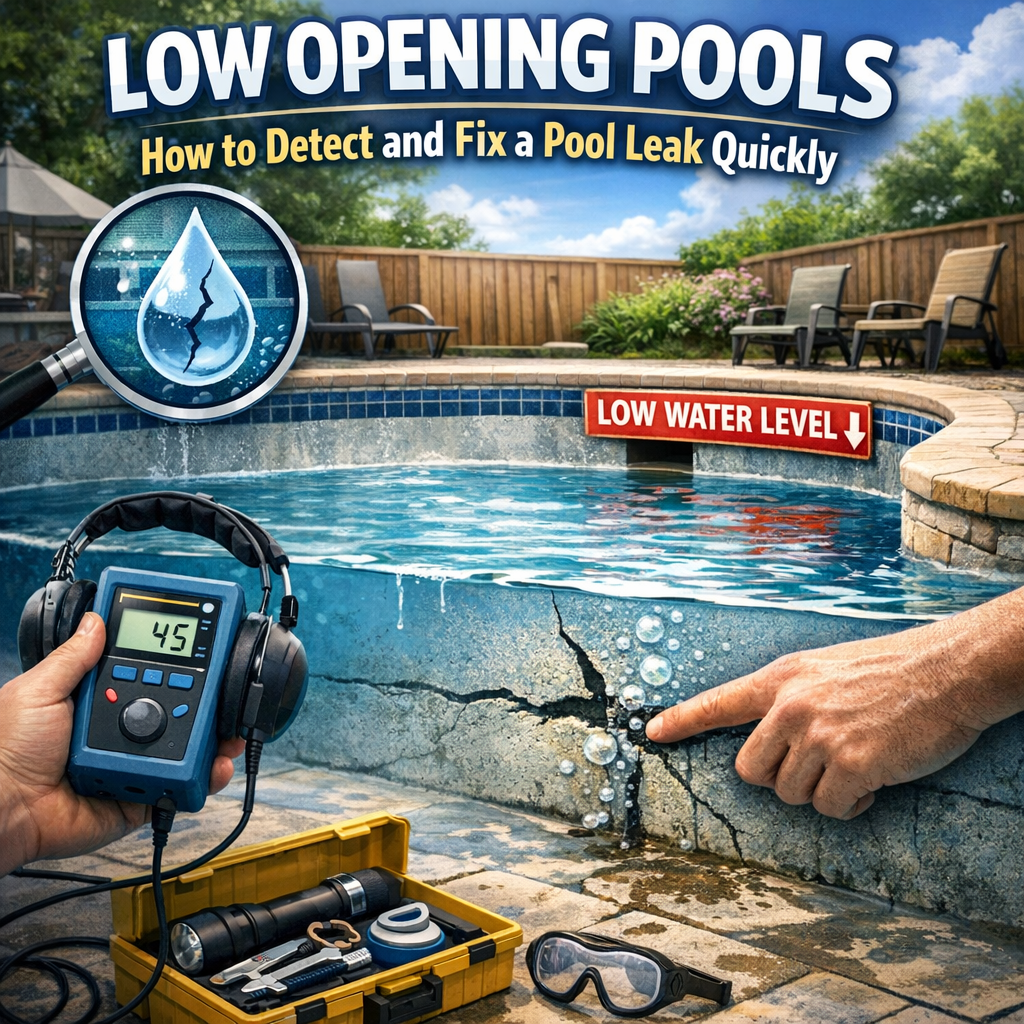Living in Farmingdale often means dealing with moist, wet soil conditions that can pose unique challenges for pool maintenance. One of the most pressing concerns for homeowners in this area is the potential for pool leaks, which can be difficult to detect amidst the damp landscape. Proper identification and prevention of leaks are essential to preserving the integrity of your pool and avoiding costly repairs. This article explores how to recognize signs of leaks, effective detection techniques suited for moist soil environments, and preventive measures to safeguard your pool in Farmingdale’s wet conditions.
Identifying Common Signs of Pool Leaks in Farmingdale Homes Near Wet Soil
Homeowners in Farmingdale should remain vigilant for several telltale signs indicating a possible pool leak, especially given the area’s wet soil. One common indicator is a noticeable drop in water levels that exceeds normal evaporation rates, which are often higher during warmer months. Additionally, unexplained increases in water bills may signal excessive water loss due to leaks. You might also observe the presence of cracks or shifting around the pool structure or deck, as persistent leaks can weaken the surrounding materials. Another sign is the formation of puddles or soggy areas around the pool, which could be a result of water seeping from the pool itself. Listening for the sound of running water when the pool equipment is off and a decrease in water clarity or the presence of algae can also hint at underlying leaks. Being attentive to these signs is critical in an environment where wet soil can mask or exacerbate leak issues.
Effective Methods for Detecting Pool Leaks in Moist Soil Conditions
Detecting pool leaks in Farmingdale’s moist soil environment requires specialized techniques that account for the surrounding dampness. One effective method is the dye test, where a dye is introduced into the pool’s water to observe if it escapes through cracks or leaks, particularly around the pool’s shell or fittings. Performing a bucket test is also useful; it involves filling a bucket with pool water, marking the water level, and comparing it to the pool’s level over 24 hours to determine if water is being lost faster than evaporation. Pressure testing the plumbing lines can reveal leaks within the pipes, which are often harder to detect visually. Additionally, professional leak detection services employ electronic listening devices, acoustic sensors, or thermal imaging to locate leaks precisely, even beneath wet soil. These methods are especially effective in Farmingdale’s environment, where soil moisture can obscure traditional visual inspections, making specialized detection essential.
Preventive Tips to Protect Your Pool from Leaks in Farmingdale’s Wet Environment
To safeguard your pool against leaks in Farmingdale’s consistently wet soil, proactive maintenance and preventive measures are vital. Regularly inspecting the pool’s structure, fittings, and plumbing for signs of wear or damage can catch issues early before they develop into significant leaks. Applying a high-quality sealant around fittings, joints, and cracks helps create a moisture-resistant barrier, preventing water from seeping into the soil and causing further deterioration. Installing a pool cover when not in use can reduce evaporation and limit debris buildup that might damage the surface. Ensuring proper drainage around the pool area helps direct excess water away from the foundation, minimizing soil saturation that could exert pressure on the pool shell. Lastly, scheduling routine professional inspections can identify potential vulnerabilities related to the wet soil conditions unique to Farmingdale, enabling timely repairs and maintenance that extend the lifespan of your pool.
Maintaining a pool in Farmingdale’s wet soil environment requires awareness, diligent inspection, and proactive prevention. By recognizing the signs of leaks, employing effective detection methods suited for moist conditions, and implementing preventive strategies, homeowners can protect their pools from costly damage and ensure long-term enjoyment. With careful attention and maintenance, your pool can remain a safe and inviting feature of your home despite the challenges posed by the area’s wet landscape.


